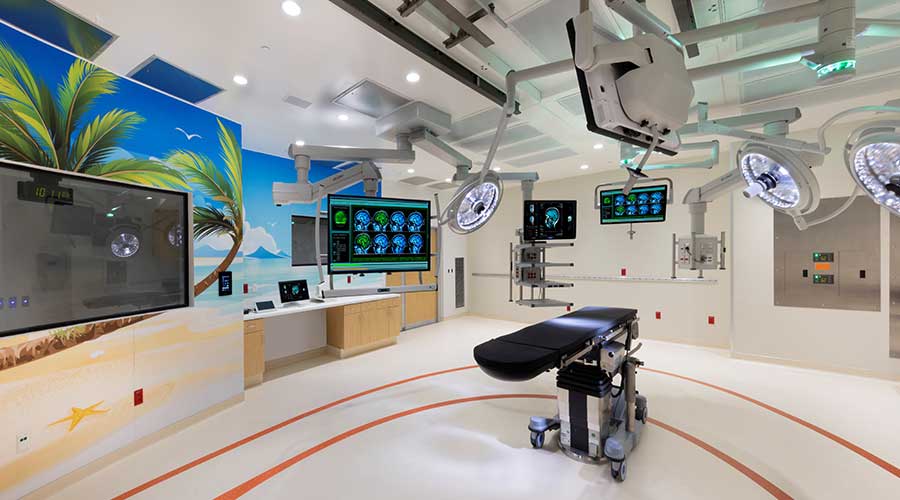For the first time, hospitals and clinics have a tool to combat Candida Auris (C. auris) a multidrug resistant fungus that can cause serious infections in hospitalized patients. Medline today announced the EPA has cleared its Micro-Kill Bleach Germicidal Bleach Wipes to be marketed as killing the fungus on hard, non-porous surfaces. The fungus, which has a mortality rate of 35%, has been shown to linger in healthcare facilities despite efforts to eradicate it with traditional disinfectants. The fungus, which can be difficult to treat, has caused outbreaks worldwide, including New York and Chicago.
“Candida auris has emerged as a new and alarming threat, and until now healthcare providers and environmental staff (EVS) had no proven tools to combat it. What we’ve shown with the Micro-Kill Bleach Germicidal wipes is an effective way to disinfect hospital surfaces, where C. auris tends to be persistence in the environment. Our goal is to take a proactive approach to combating this pathogen,” says Rosie D. Lyles, MD, director of clinical affairs at Medline. “Through the collective work of Medline’s infection prevention team, we’ve developed a way to effectively reduce cross contamination of C. auris using Micro-kill bleach and proper hand hygiene.”
Medline is the first to bring to market a product approved to kill C. auris due to the long-term planning of a team of professionals across different Medline divisions dedicated to improving healthcare infection prevention and minimizing the spread of infectious diseases.
“As an infection-prevention solutions provider, we are dedicated to staying on top of emerging pathogens and epidemiology trends. We identified C. auris as a potential threat more than two years ago after a handful of cases started to surface. At that time, the EPA had not yet developed a method to test the pathogen. We closely monitored the progress on the EPA testing methods so that as soon as it was made available, we were one of the first in line to get our Micro-Kill Bleach wipes tested,” says Megan Henken, director of product management, Medline Textiles division.
After years of development and rigorous testing, EVS associates can now begin using the wipes as part of infection prevention-informed room turnovers and nurses can use them on medical equipment and high-touch surfaces. The announcement solidifies Micro-Kill Bleach Germicidal Bleach Wipes’ place in Medline’s industry-leading portfolio of infection prevention strategies and products.
Bolstering a comprehensive approach to infection prevention
The EPA’s label approval of the Micro-Kill Bleach Germicidal Bleach Wipes in the fight against C. auris is just the latest development in Medline’s industry-leading, comprehensive infection prevention approach. Combining hand hygiene, decolonization and environmental cleaning with products like Micro-Kill Beach Germicidal Bleach Wipes, Medline helps hospitals, long-term care facilities and other clinics across the country keep their patients and caregivers safe. The ERASE Pathogens program combines all these elements into a holistic program that helps reduce costly and dangerous hospital-acquired and surgical-site infections.
Learn more about how Medline is working to reduce the human and financial tolls of infection at https://www.medline.com/pages/clinical-expertise/infection-prevention/
 Authorities Issue Joint Advisory on RansomHub Ransomware
Authorities Issue Joint Advisory on RansomHub Ransomware 9 Steps to a Successful Healthcare Capital Project
9 Steps to a Successful Healthcare Capital Project Steward Health Care to Sell Wadley Regional Medical Center in Texarkana
Steward Health Care to Sell Wadley Regional Medical Center in Texarkana Texas HHSC Breaks Ground on New Terrell State Hospital
Texas HHSC Breaks Ground on New Terrell State Hospital Enhancing Behavioral Healthcare with Thoughtful Design
Enhancing Behavioral Healthcare with Thoughtful Design